Chvostek’s Sign
1,245 views
October 31, 2025
Chvostek’s Sign 🩺
👉 Definition:
Chvostek’s sign is a clinical sign of neuromuscular excitability (tetany) seen in hypocalcemia (low calcium levels).
🔬 How to Elicit the Sign:
Tap lightly over the facial nerve just in front of the ear, at the angle of the jaw or zygomatic arch.
Observe the facial muscles, especially around the mouth, nose, and eyes.
⚡ Positive Response:
Twitching of the facial muscles (especially the corner of the mouth, nose, or eye) on the same side of tapping.
🧠 Physiological Basis:
Low calcium levels increase neuronal membrane excitability, causing spontaneous muscle contraction when the nerve is stimulated.
💊 Causes of Positive Chvostek’s Sign:
Hypocalcemia (most common)
Hypoparathyroidism
Vitamin D deficiency
Chronic kidney disease
Pancreatitis
After thyroid or parathyroid surgery
⚕️ Clinical Importance:
Indicates latent tetany (neuromuscular irritability).
Often checked along with Trousseau’s sign (more specific for hypocalcemia).
🧩 Mnemonic:
“Chvostek’s → Cheek Twitch”
(Tap the cheek → facial twitch)
👉 Definition:
Chvostek’s sign is a clinical sign of neuromuscular excitability (tetany) seen in hypocalcemia (low calcium levels).
🔬 How to Elicit the Sign:
Tap lightly over the facial nerve just in front of the ear, at the angle of the jaw or zygomatic arch.
Observe the facial muscles, especially around the mouth, nose, and eyes.
⚡ Positive Response:
Twitching of the facial muscles (especially the corner of the mouth, nose, or eye) on the same side of tapping.
🧠 Physiological Basis:
Low calcium levels increase neuronal membrane excitability, causing spontaneous muscle contraction when the nerve is stimulated.
💊 Causes of Positive Chvostek’s Sign:
Hypocalcemia (most common)
Hypoparathyroidism
Vitamin D deficiency
Chronic kidney disease
Pancreatitis
After thyroid or parathyroid surgery
⚕️ Clinical Importance:
Indicates latent tetany (neuromuscular irritability).
Often checked along with Trousseau’s sign (more specific for hypocalcemia).
🧩 Mnemonic:
“Chvostek’s → Cheek Twitch”
(Tap the cheek → facial twitch)
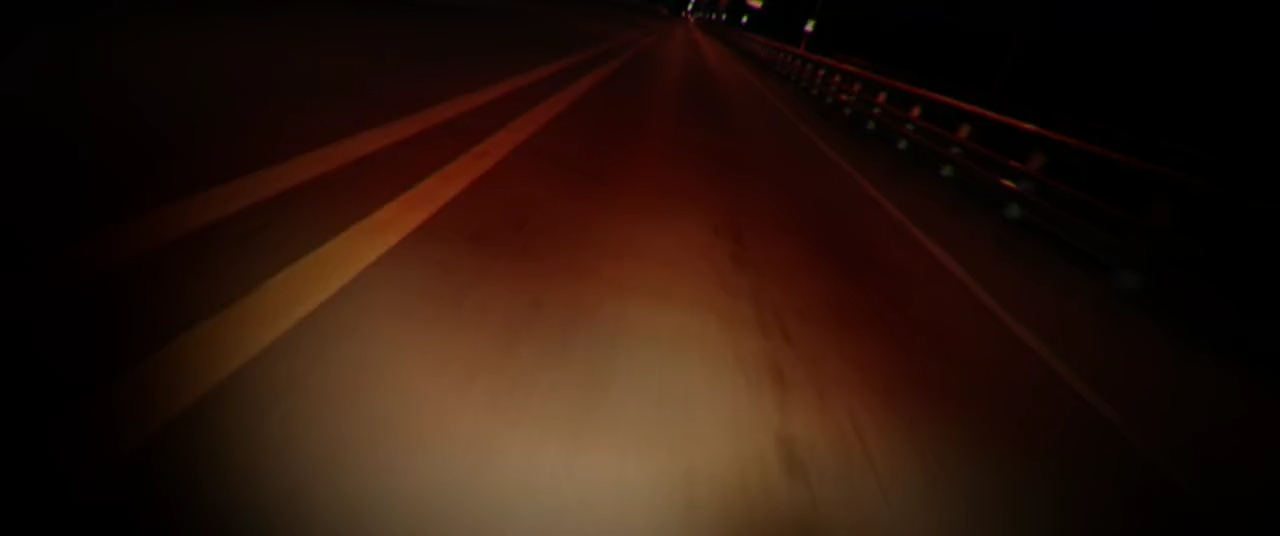
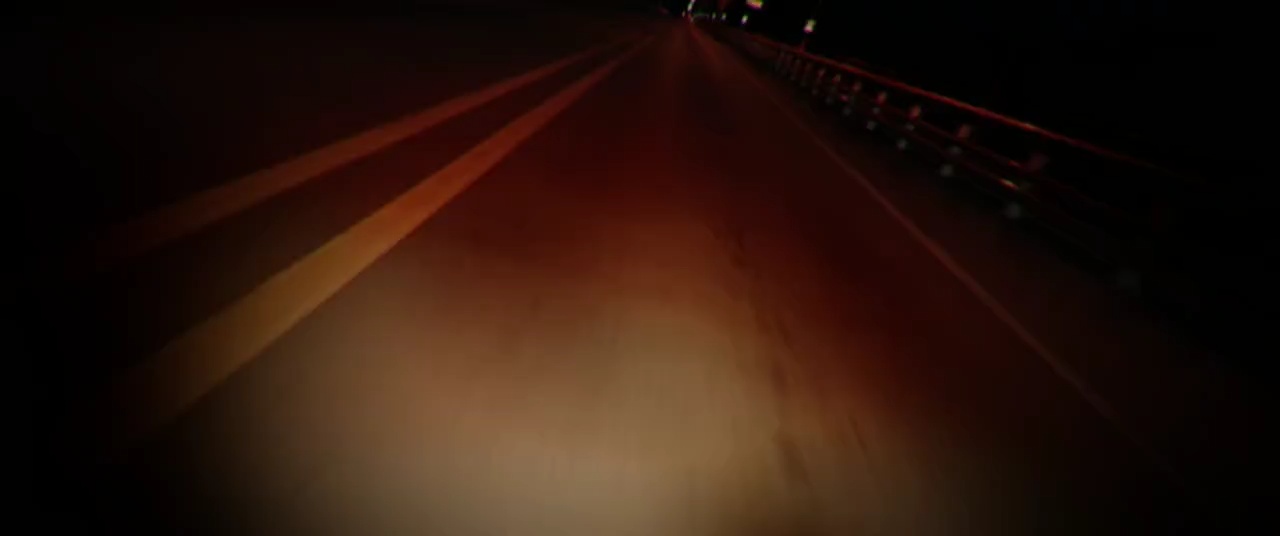
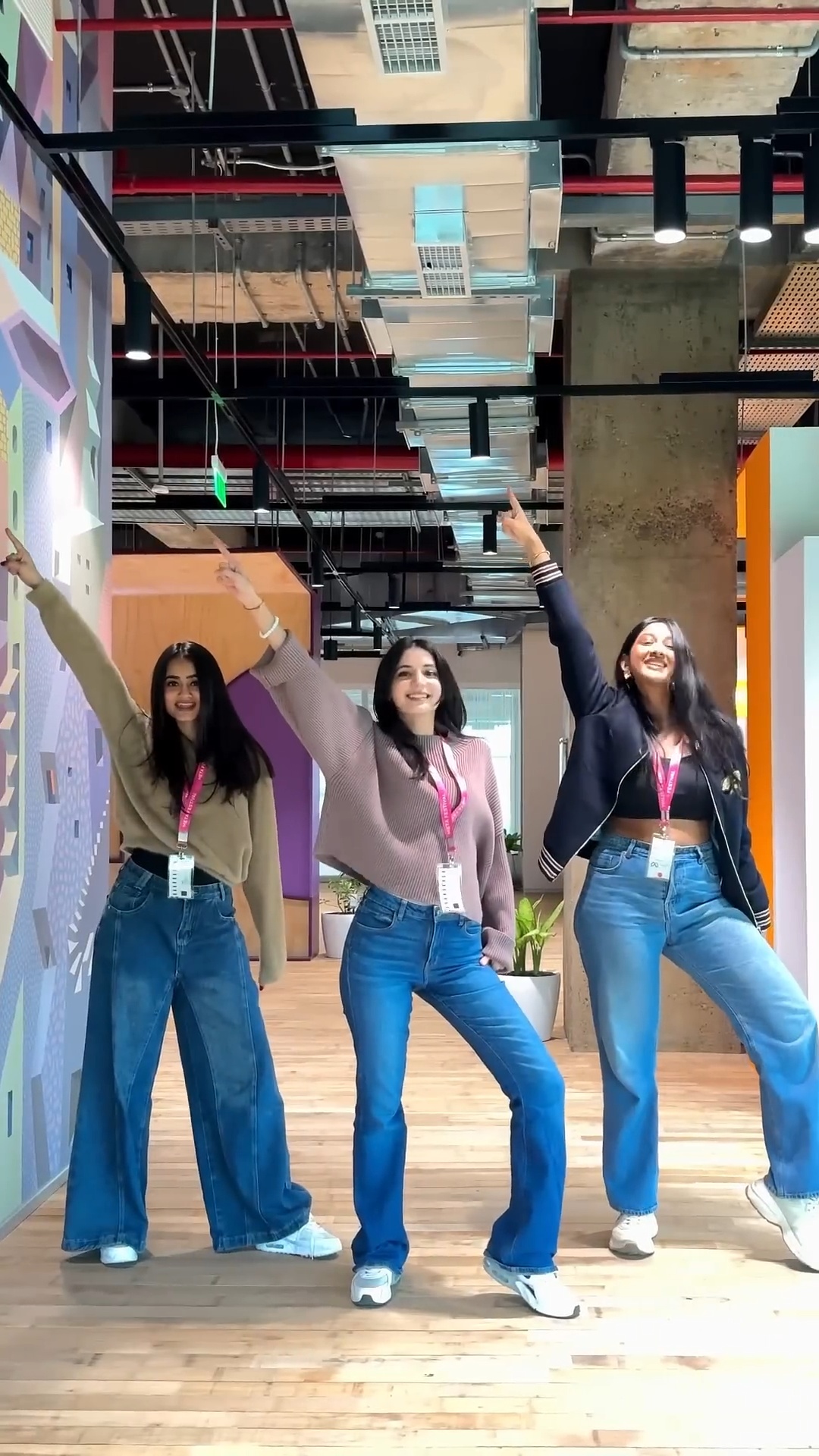
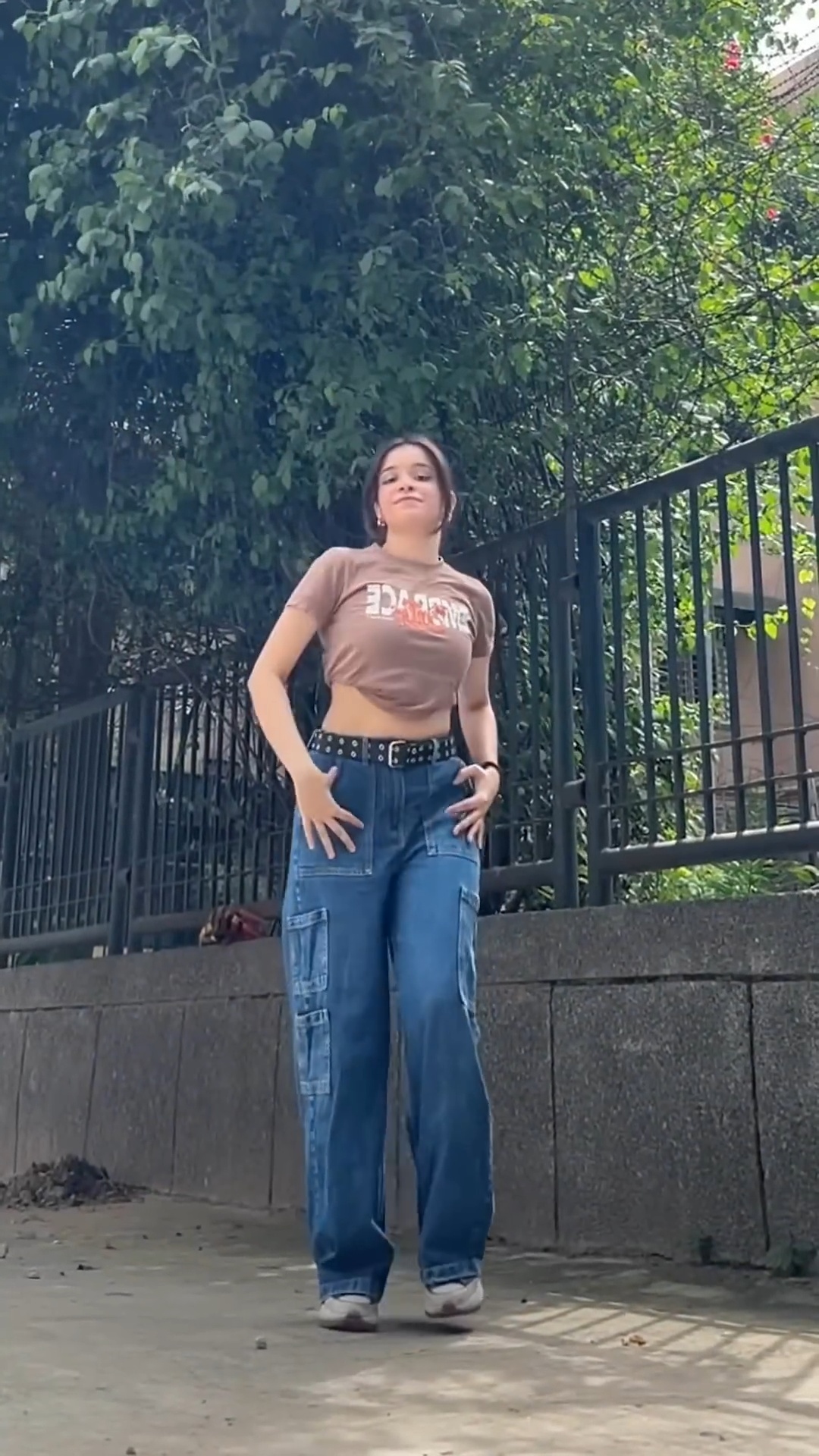
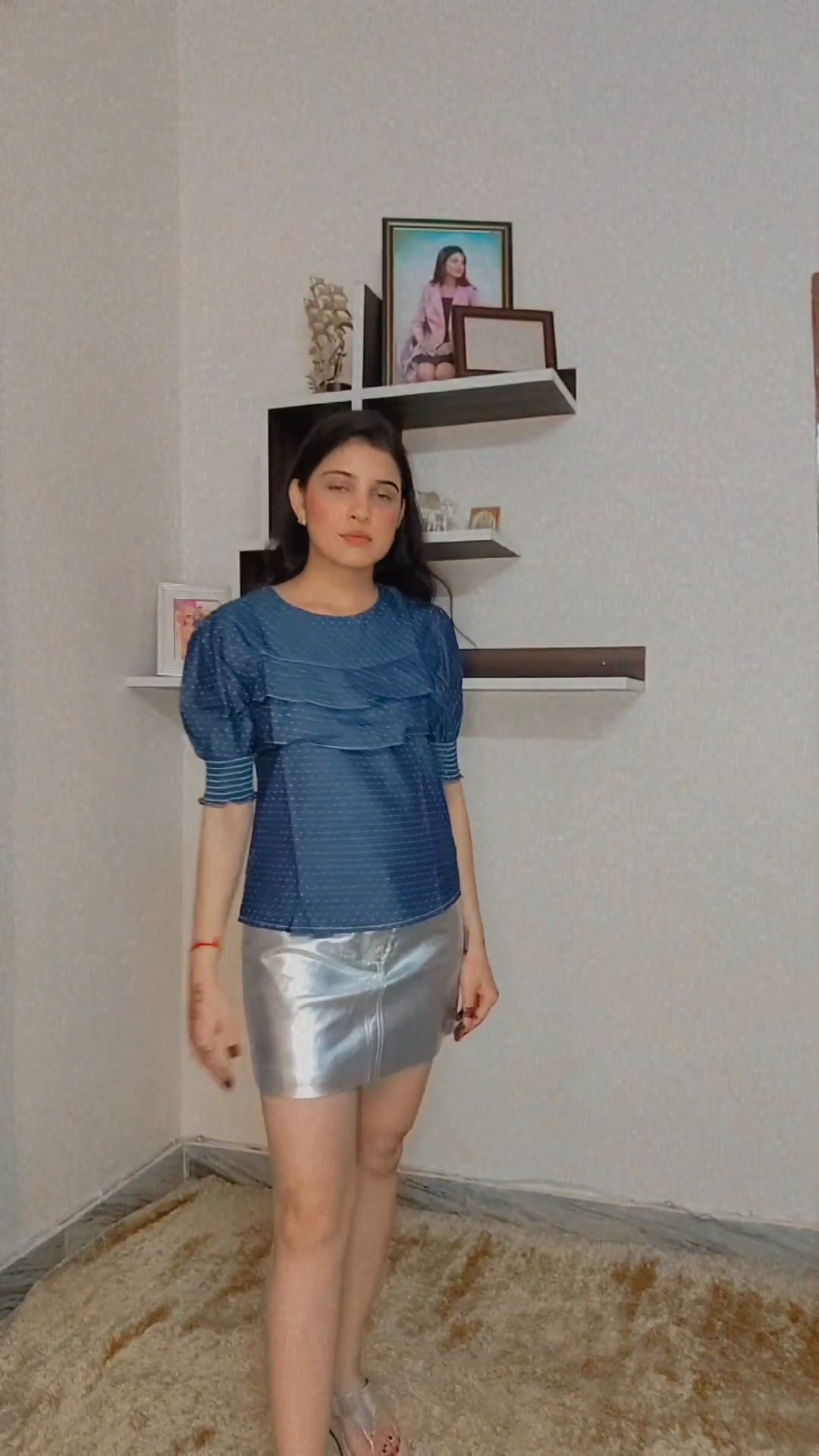

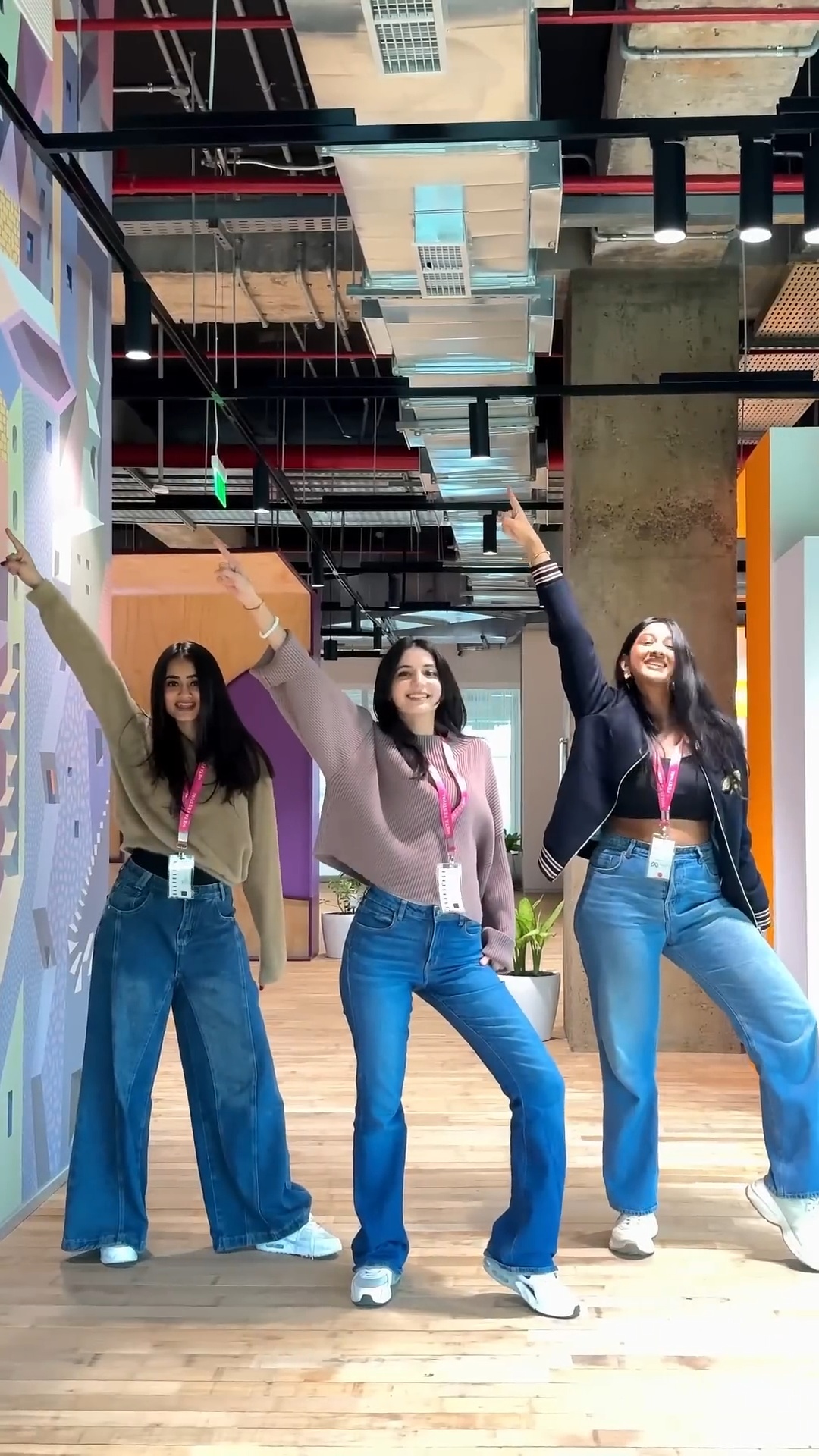
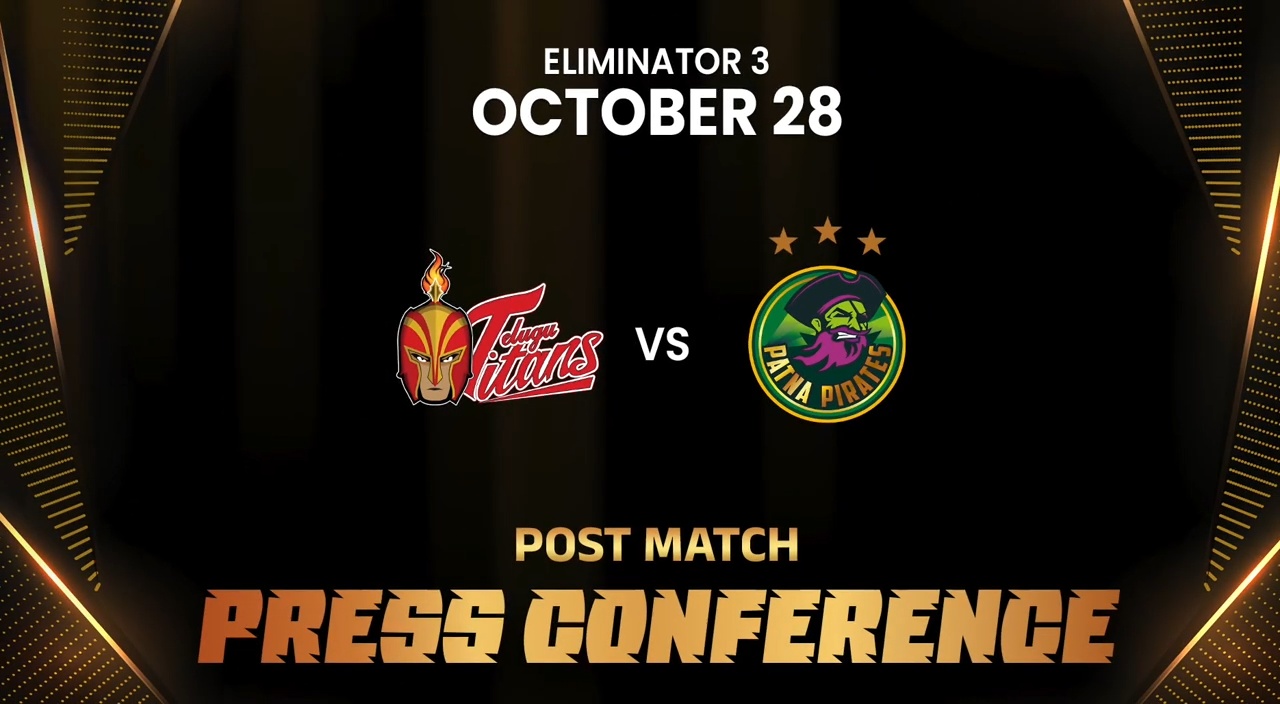
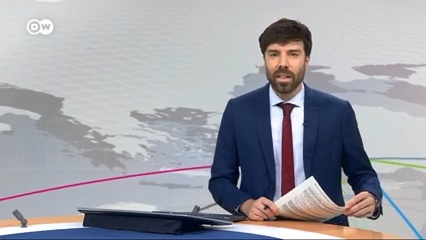
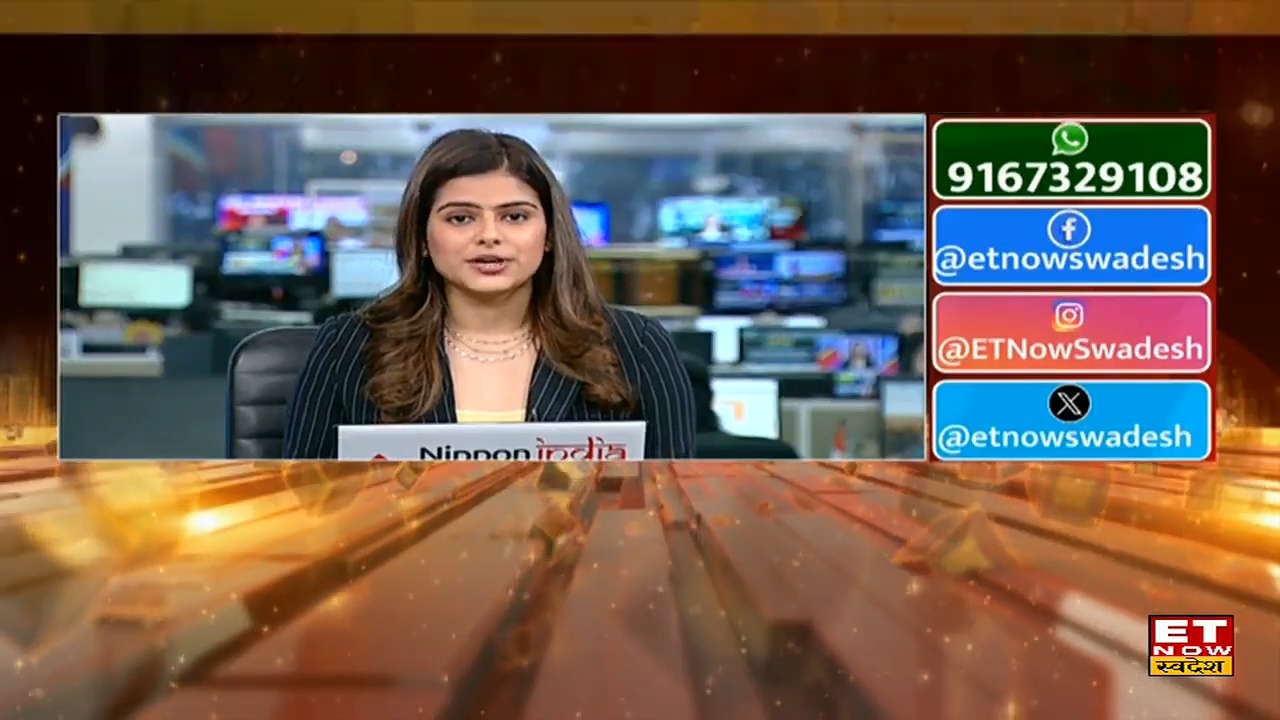




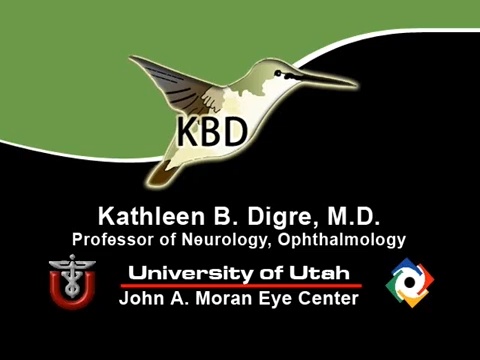
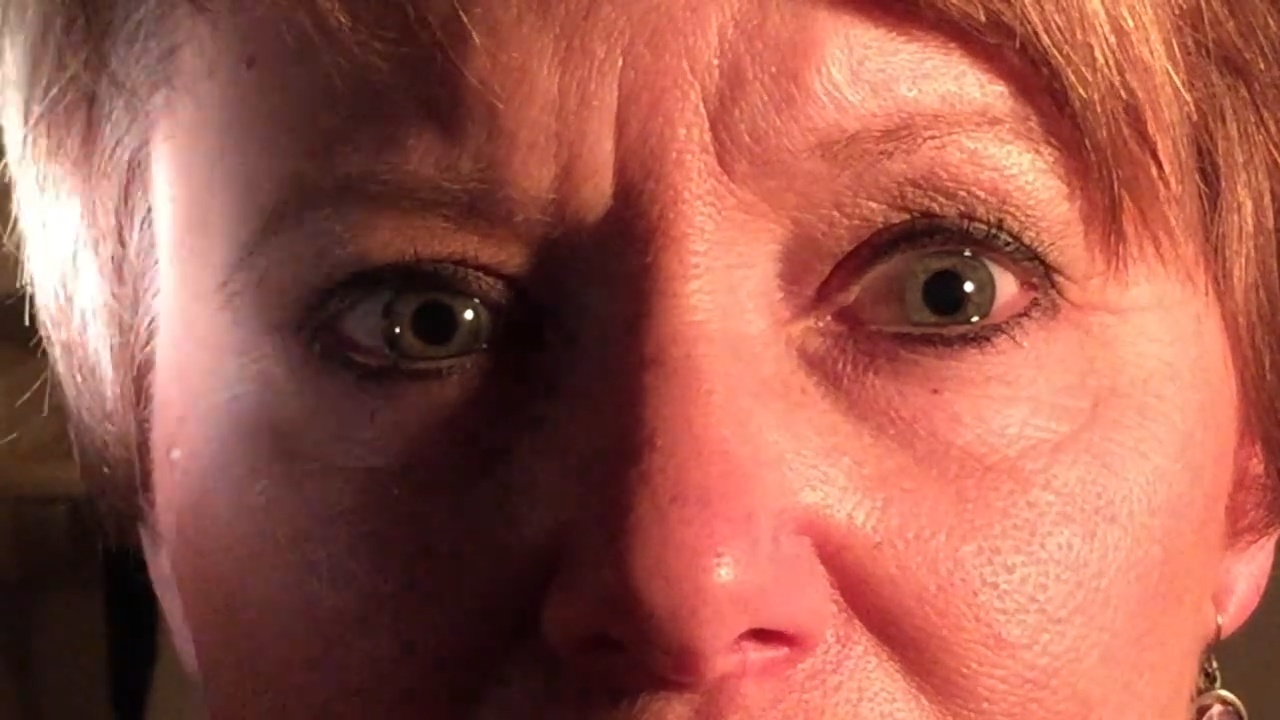
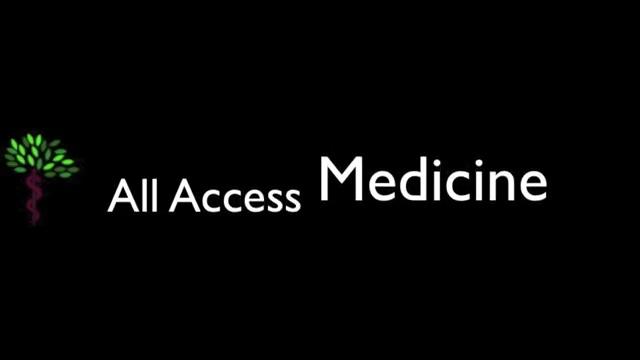

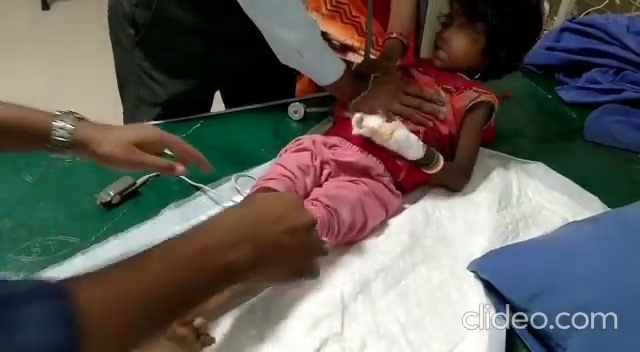
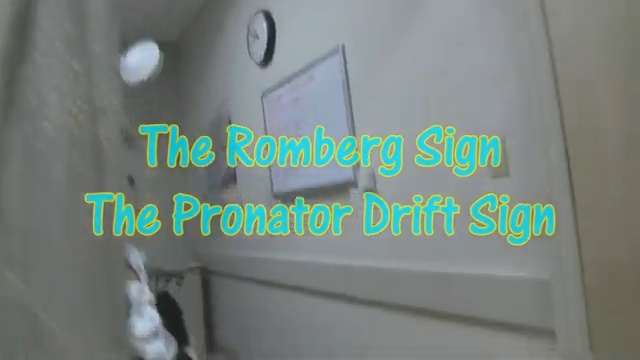
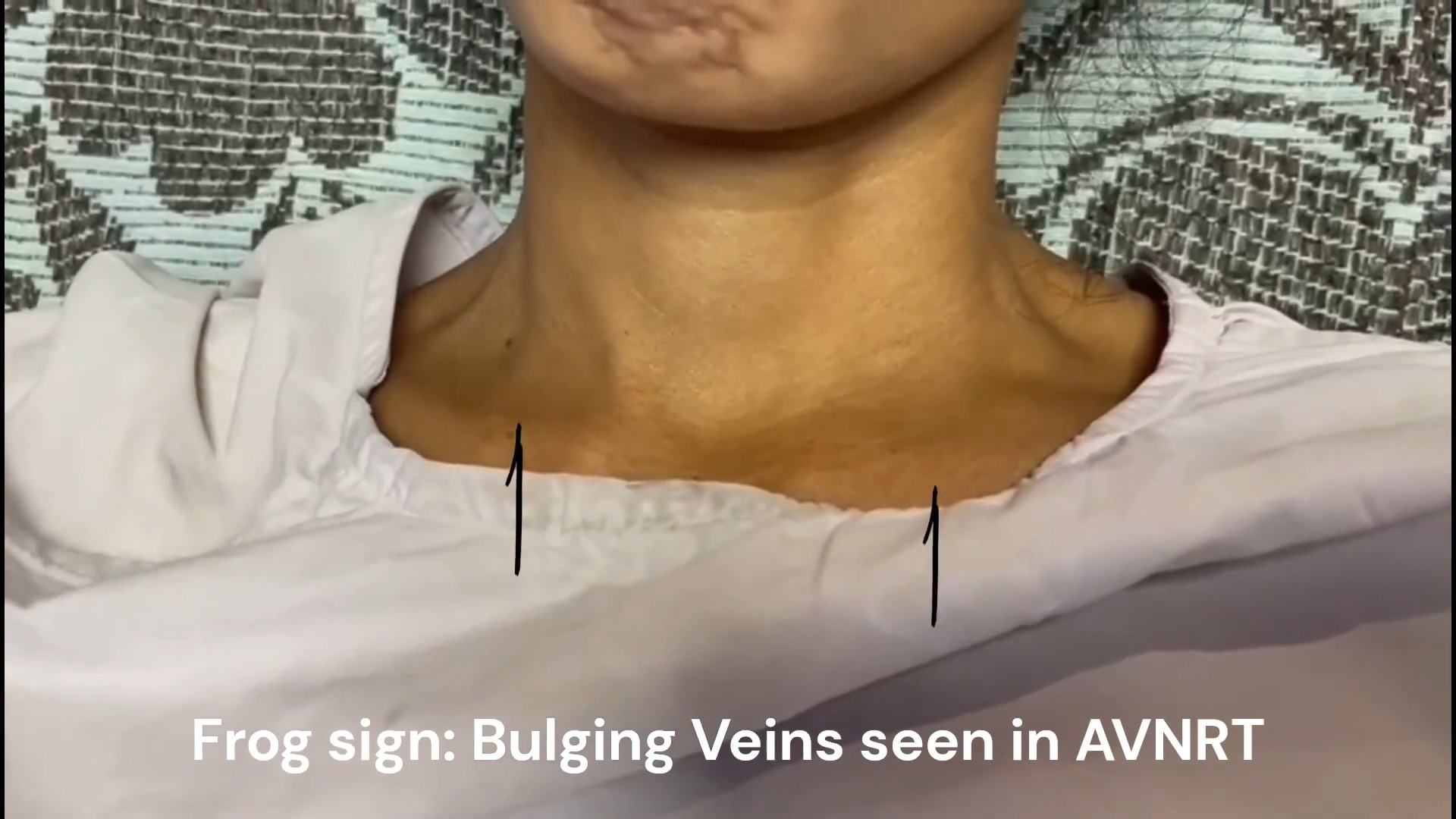
Medical Student
This was incredibly helpful for my upcoming exam. Thank you!
Nursing Professional
Great explanation of the ECG changes in hyperkalemia!